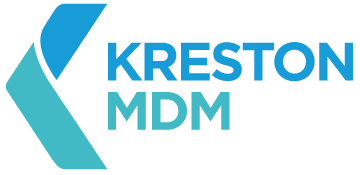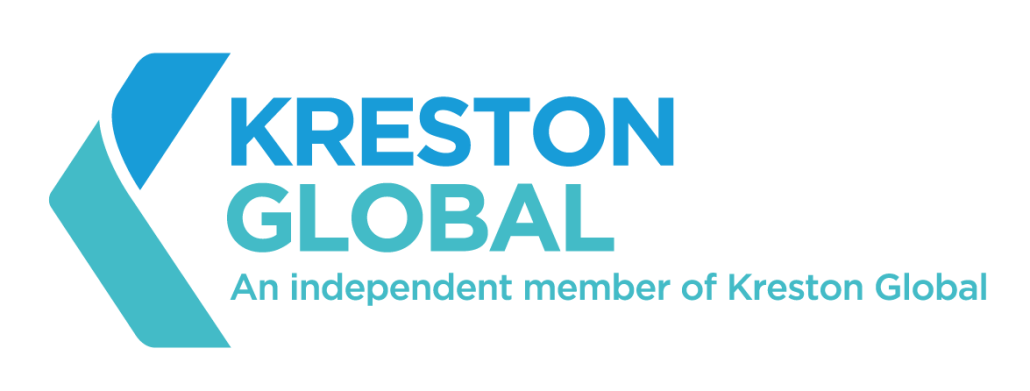The Law on Amendments to the Law on Value Added Tax is currently in the parliamentary procedure. It is stipulated that this Law will enter into force eight days from the day of its publication in the Official Gazette of the Republic of Serbia, and its implementation will commence on 1.1.2020 except for the provisions relating to Article 24 (tax exemptions for the circulation of goods and services with the right to deduct prior tax) and Article 26 (tax exemptions for the importation of goods) of the present Law and provisions containing the powers to adopt by-laws to be applied from the day the entry into force of this Law.
These are some of the changes proposed in the Value Added Tax Act and also you can download our Tax alert:
Value Vouchers – It is proposed to divide the vouchers into one-purpose and multi-purpose ones and to determine the difference between the tax treatment of their transfer.
One-purpose vouchers are those for which the place of delivery of goods / services is known at the time of the value voucher. All other vouchers are multi-purpose vouchers. The obligation to calculate VAT will exist at the moment of issue with single-purpose vouchers, while the obligation to calculate VAT on multi-purpose vouchers will exist at the moment of their realization.
Turover of goods carried on board, in an aircraft or train – It is suggested that the place of turnover of goods carried on board, in an aircraft or train during the transport of passengers is considered the place of departure of the ship, aircraft or train and the place of departure, departure place is the first scheduled place for embarking passengers. It is suggested that the return journey is considered a separate transport.
Also, in determining the place of turnover in the services of sale of food and drinks for consumption, which are actually provided on board, that is, in an aircraft or train during the transportation of passengers, it is proposed to apply the above rule.
Residence / abode – It is also envisaged to add a paragraph defining that if the residence and abode of the provider or recipient of the service are not in the same place, the place of turnover of the service is determined according to the place of abode.
Turnover of telecommunication, radio and television broadcasting services and services provided electronically – in case of turnover of telecommunication, radio and television broadcasting services and services provided electronically, place of establishment, permanent establishment, residence or abode of the recipient of services shall be considered to be a place determined on the basis of criteria and assumptions for determining the place of establishment, permanent establishment, residence or abode of the recipient of those services.
Tax liability – It is stipulated that a tax liability will occur on the earliest date, inter alia, the invoicing of the services referred to in Article 5, paragraph 3, item 1) of the VAT Law is made, including services directly related to those services as well as technical services support for the use of software, hardware and other equipment for a specified period of time.
Tax exemptions for the circulation of goods and services with a right to deduct previous tax – The amount of the total value of the goods delivered (through which VAT can be refunded) that the passenger takes abroad in personal luggage, for non-commercial purposes, changes to RSD 6.000 from previous EUR 100.
Implementation of highway construction infrastructure projects – Provision is made for a tax exemption with the right to deduct previous VAT on goods and services performed within the
framework of the implementation of highway construction infrastructure projects for which a public interest has been established by a special law.
Pre-tax split and prorated tax deduction – Specifies which sales of goods and services are not considered in determining the prorated deduction percentage and specifies that a taxpayer is not required to split the pre-tax under this law if the prorated deduction percentage is at least 98 %.
A complete change to Article 44, which now reads – If the VAT payer in the invoice for goods and services supplied shows a higher amount of VAT than the one who owes in accordance with this law, i.e. the amount of VAT without having to pay the obligation in accordance with this law, the stated VAT is to be paid.
The VAT taxpayer referred to in paragraph 1 of this Article shall have the right to correct the VAT amount if he has issued a new invoice with a corrected VAT amount, that is, an invoice without VAT and if he has a document of the recipient of the invoice stating that the VAT stated in the original invoice was not used as previous tax.
The new invoice referred to in paragraph 2 of this Article must contain a note that the invoice replaces the previously issued invoice.
The person who declares VAT in the invoice, who is not liable for VAT, is obliged to pay the declared VAT.
The person referred to in paragraph 4 of this Article shall not have the right to correct the stated amount of VAT.




